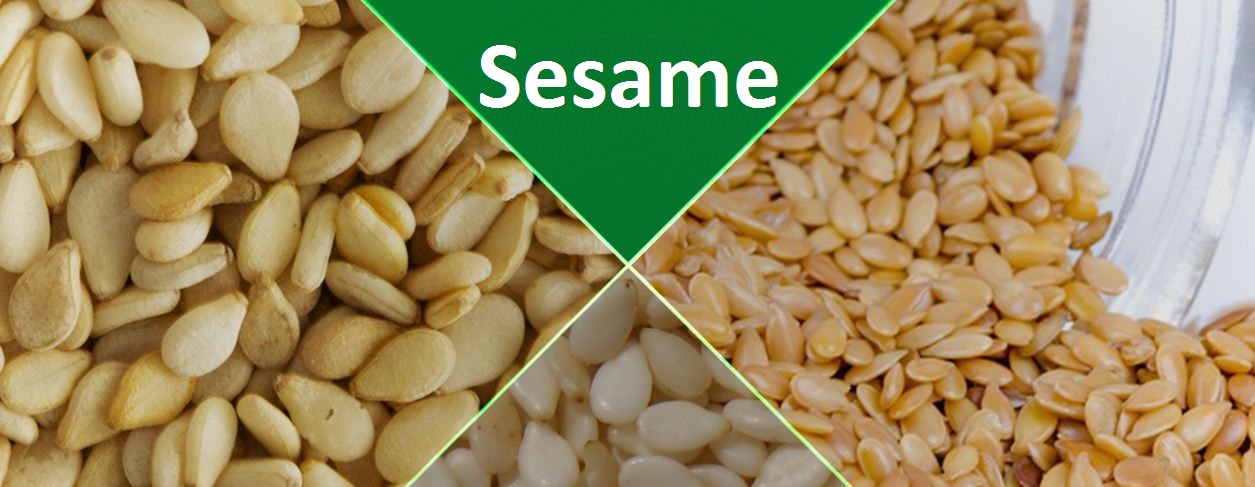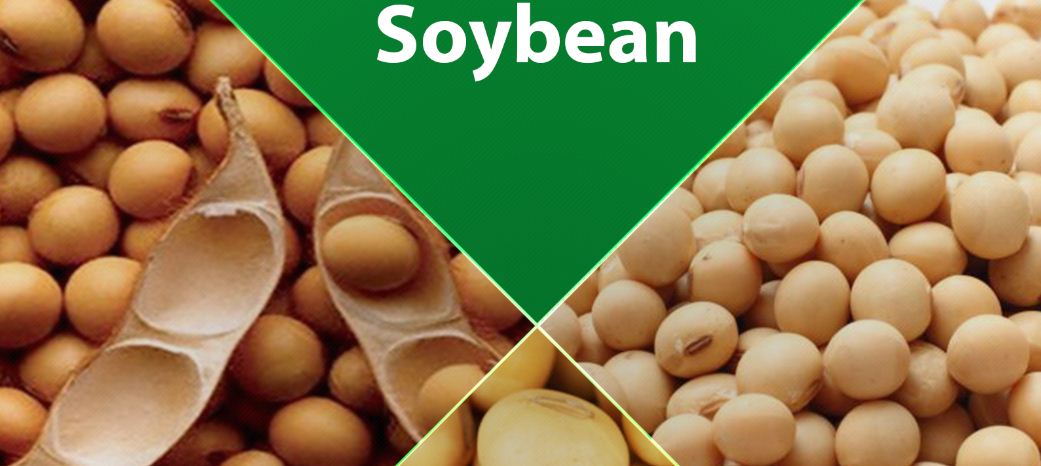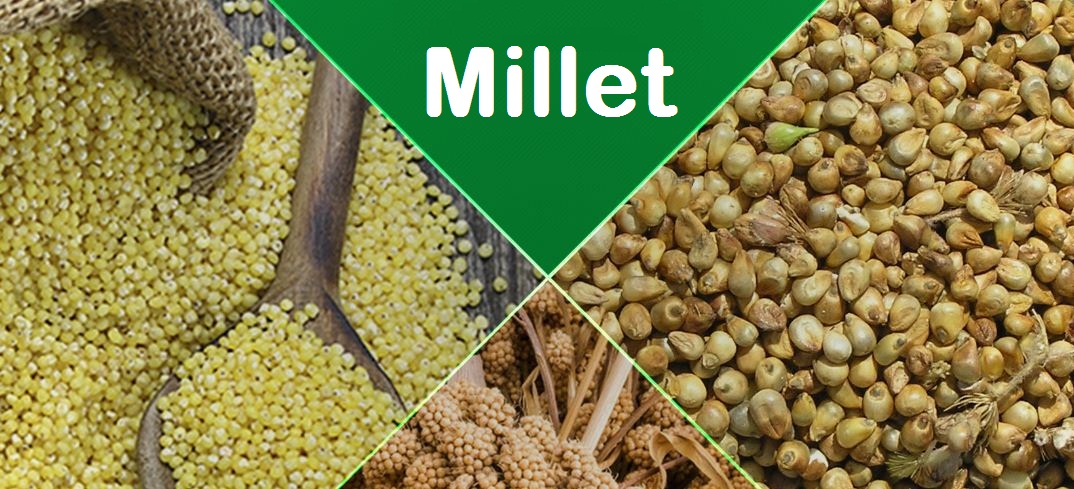Tomatoes Producing States In Nigeria And Ways It Can Be Consumed
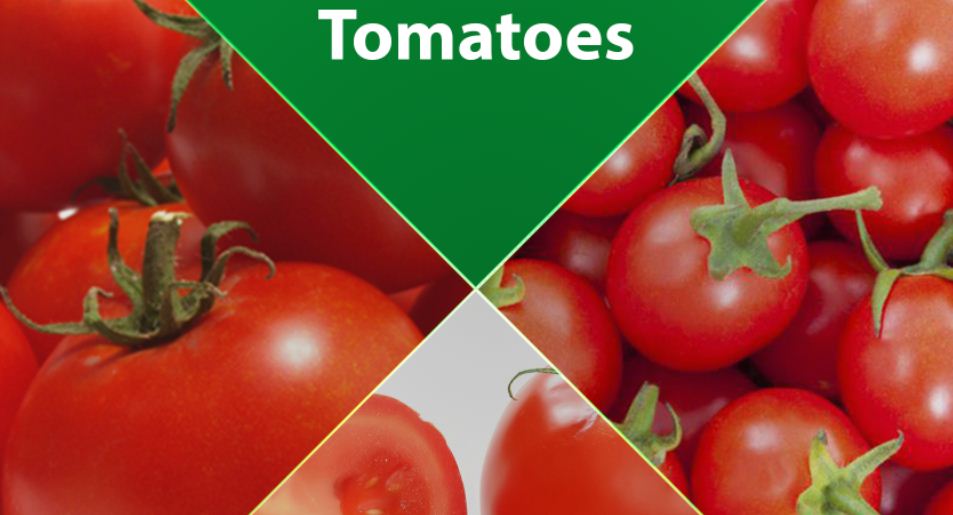
In Africa, Nigeria is ranked the second largest producer of tomatoes and globally, is the 13th largest producer, its total production annually has been estimated to be about a 1.701 million tonnes.
The states in Nigeria engaged in commercial production are; Gombe, Kaduna, Bauchi, Kano, Katsina, Benue, Jigawa and Plateau.
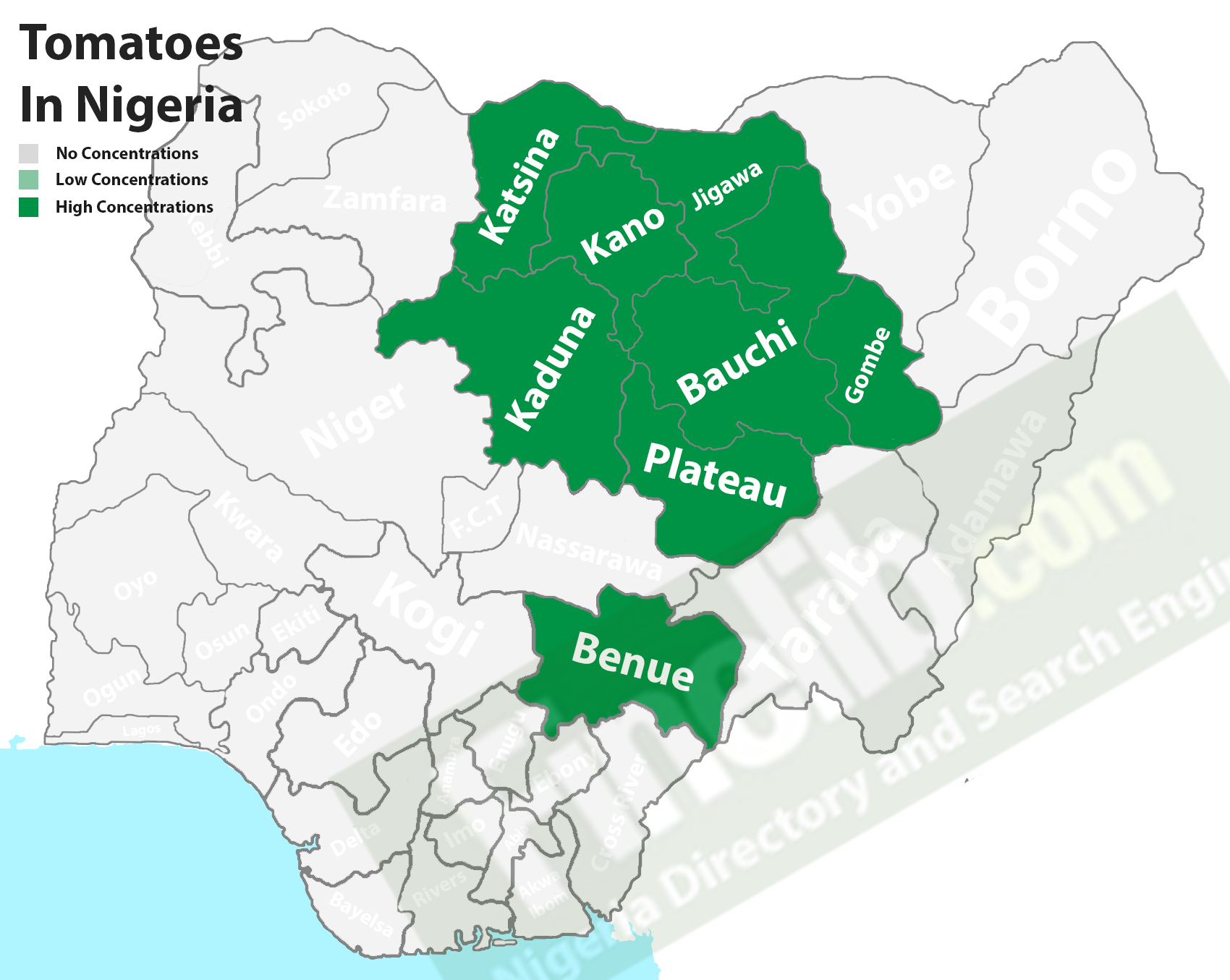
Solanum lycopersicum is the botanical name of Tomato; it is an edible berry like fruit, succulent and contains tiny seeds, it is mostly grown for its edible fruits and has various varieties.
It grow well in Nigeria and in most soil types, but the best soil for the growing of tomatoes is loose loamy soil (black), and also in warm temperatures, the soil can also be loosen by using hoes, hand trowels, or rake.
It is grown in nursery and later transplanted, the seeds are sprinkled on the soil surface, and grows in about 7-14 days, and about 6-8 weeks to grow from seed to plantable seedlings.
As tomatoes mature, it changes from green to red and from red to faint yellow when ripe; the mature tomatoes are carefully plucked because of its delicate nature.
It can be preserved by drying, often in the sun, and sold either in bags, or preserved by bottling or home canning either in whole or in pieces, as tomato sauce or paste.
Tomato is consumed in different ways,
• It can be eaten raw, or serves as an ingredient in many dishes, sauces, salads, and drinks.
• It is processed into ketchup.
• Unripe ones can be pickled or fried and used in the making of salsa.
• The juice of tomatoes can be processed into drinks.
Among the vegetables grown in Nigeria, tomatoes are among the widely grown, not only in Nigeria but also worldwide, it has a lots of nutritional values and health benefits especially when eaten whole or fresh.
Tomatoes contain nutrients such as vitamin B6,vitamin A, C, E, and K, phosphorus, folate, copper, thiamin, niacin, magnesium, and more. Tomatoes are also good for the skin and body, heart, weight loss and lots more, its nutritional benefits can’t be overemphasized.

